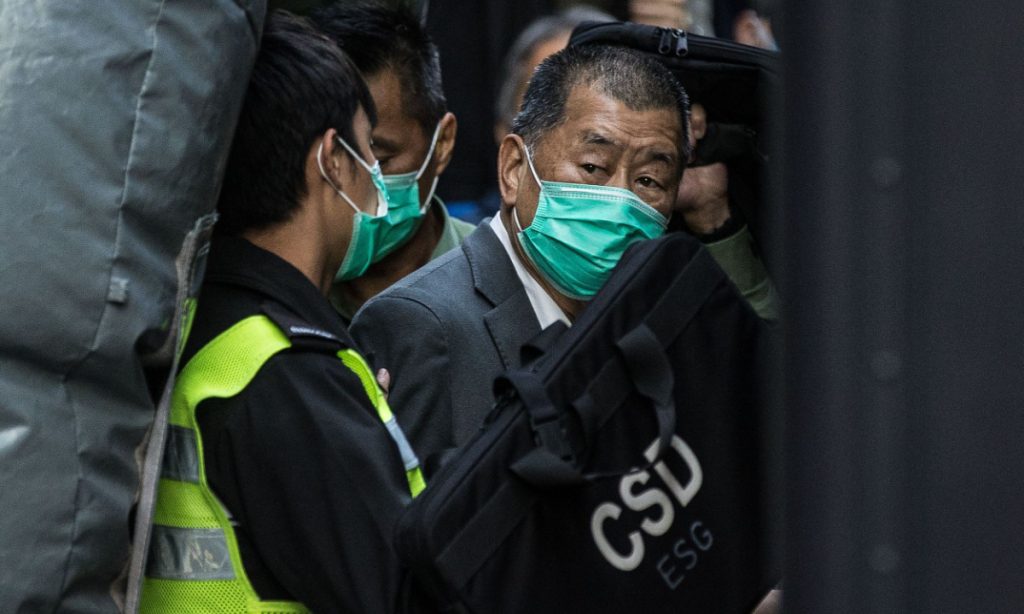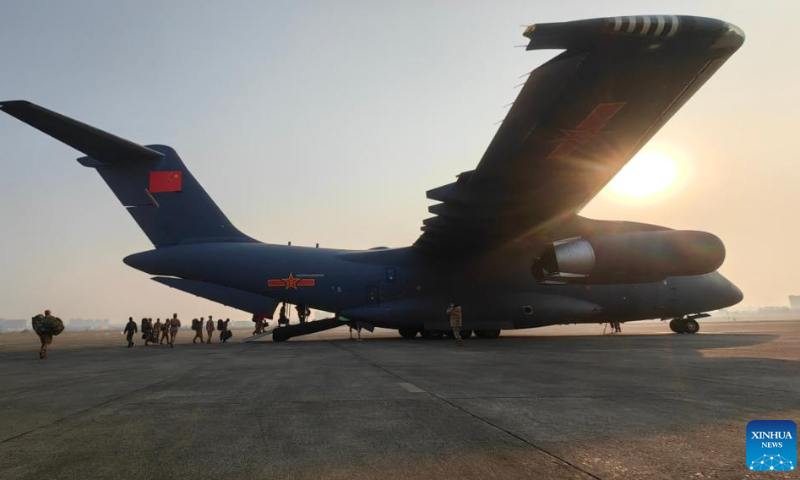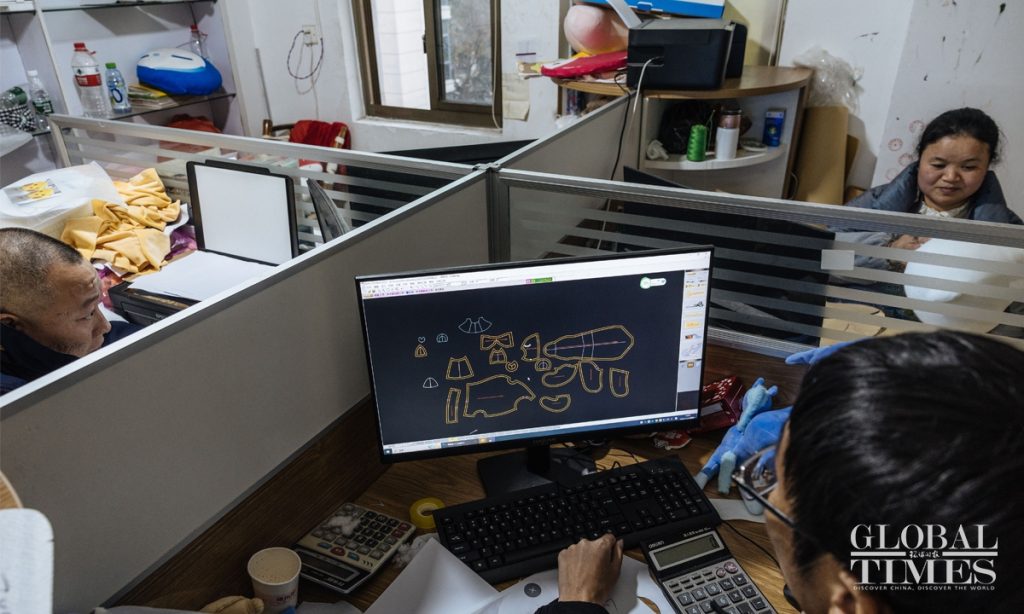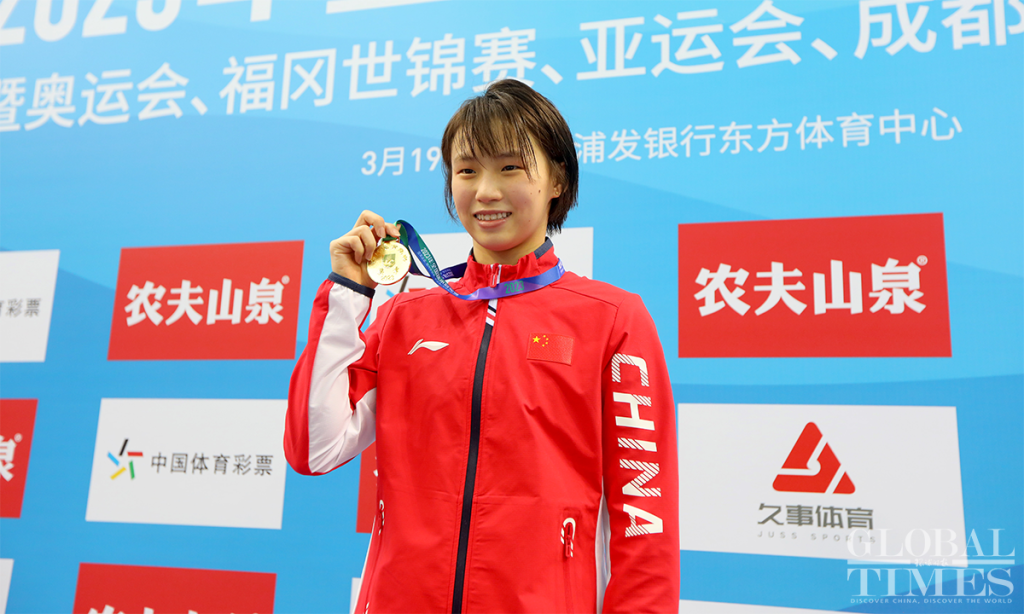Trial of secessionist Jimmy Lai set to begin on Monday, 'expected to be a classic case in upholding national security in Hong Kong': legal experts

The highly watched trial of the anti-China and violence-inciting figure Jimmy Lai on national security charges is set to begin on Monday at West Kowloon Court, toward which some Western media and political figures have launched a public opinion campaign by badmouthing the city's rule of law and the National Security Law (NSL) for Hong Kong. Legal experts said begging external forces to support Lai and undermining the rule of law in Hong Kong are destined to be futile.
These instigations of the Western media, politicians and organizations openly calling for the release of Lai and criticizing the rule of law in Hong Kong are extremely dangerous and irresponsible, some experts said. While some Western politicians and media hail Lai as "an anti-government hero" and "a pro-democracy fighter," such campaign of smearing Hong Kong will also allow local residents to see clearly the true nature of Lai as a proxy for Western interests, they noted.
The Hong Kong Police Force has strengthened their presence near the courthouse, as police officers were seen moving sandbags, tents and other materials from their vehicles to the vicinity of the court, using barricades to separate the queue area for court reporters, and surrounding the exterior of the court with traffic cones, according to local media reports.
The three judges overseeing Lai's trial are Madam Justices Esther Toh Lye-ping and Susana D'Almada Remedios, and Mr Justice Alex Lee Wan-tang, according to Hong Kong media.
Secretary for Security Chris Tang Ping-keung was quoted as saying in the reports that those who enter the court on Monday will be subject to X-ray inspection. The police will enhance patrols around the court and its vicinity, deploying explosive detection dogs to assist in searches.
He also mentioned that in past trials of similar cases, the so-called "court watchers" have harassed prosecution staff, created disturbances with loud noises, and provoked judicial personnel. To address behaviors that may affect the trial, the police have coordinated with the judicial institutions to conduct X-ray inspections on visitors to the court, including defendants, observers, and lawyers. Tang warned that anyone attempting to disrupt the trial or intimidate those involved in the judicial process would be met with decisive law enforcement action.
In the case of Lai, there are four defendants, including Lai himself and three companies related to secessionist Apple Daily. They face four charges, including alleged collusion with foreign forces in violation of the NSL for Hong Kong, and conspiracy to publish seditious publications under the Crimes Ordinance.
The charges related to the NSL for Hong Kong carry a maximum sentence of life imprisonment, while the sedition-related charges have a maximum penalty of two years' imprisonment.
Before the trial begins, some figures, including Lai's son, have been "making noises" to put certain pressure on the trial. For example, Lai's son, Sebastien Lai, met with UK Foreign Secretary David Cameron recently, and the latter said the UK opposes the NSL for Hong Kong and will continue to stand by Jimmy Lai and the people of Hong Kong.
A spokesperson for the Foreign Office said, "Jimmy Lai's case is a priority for the UK," which has raised his case on multiple occasions with the Chinese government, most recently when Cameron spoke to Chinese Foreign Minister Wang Yi, the Guardian reported on Sunday.
A representative from the infamous Human Rights Watch also hyped that Beijing seems intent on imprisoning one of its most powerful critics for many years, referring to Lai, possibly for the rest of his life, according to the media report.
Sebastien Lai stated that Jimmy Lai became a British citizen as early as 1994, and he himself is also a British citizen, urging the UK government to pressure the Hong Kong Special Administrative Region (HKSAR) government to release Jimmy Lai. But are British citizens immune to legal consequences? The rule of law demands that before the law, everyone is equal, and anyone who breaks the law must face the appropriate legal sanctions. Jimmy Lai does not have any privilege that allows him to be above the law, Willy Fu Kin-chi, director of the Chinese Association of Hong Kong and Macao Studies and vice-president of the Hong Kong Basic Law Education Association, told the Global Times on Sunday.
"The British officials' blatant intervention in Jimmy Lai's case, which has entered the judicial process, attests to their support for the anti-China instigators, further exposing Jimmy Lai's collusion with foreign forces," Fu said, noting that it also further proves that the HKSAR government's prosecution of Jimmy Lai is entirely lawful, reasonable and legitimate.
The NSL for Hong Kong stipulates very strict legal procedures in terms of legislation, law enforcement, and judicial processes, Louis Chen, a member of the Election Committee and general secretary of the Hong Kong Legal Exchange Foundation, told the Global Times on Sunday.
The provisions specifying designated judges and the absence of a jury are stipulations of the law itself and differ significantly from irresponsible Western criticisms that describe the process as a "formality" or "pre-determined," he noted.
"Previous sanctions against trial judges are essentially interference in judicial processes. However, we believe that the trial of Jimmy Lai will become a classic case in upholding national security in Hong Kong, fully reflecting the independence of the Hong Kong judiciary, the spirit of the rule of law, and the professional integrity of Hong Kong judges," Chen said.



